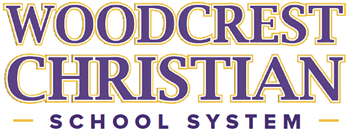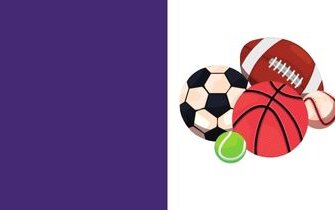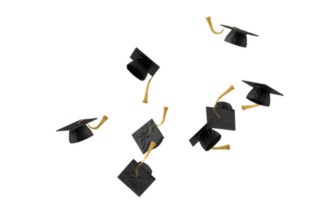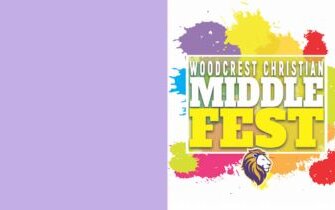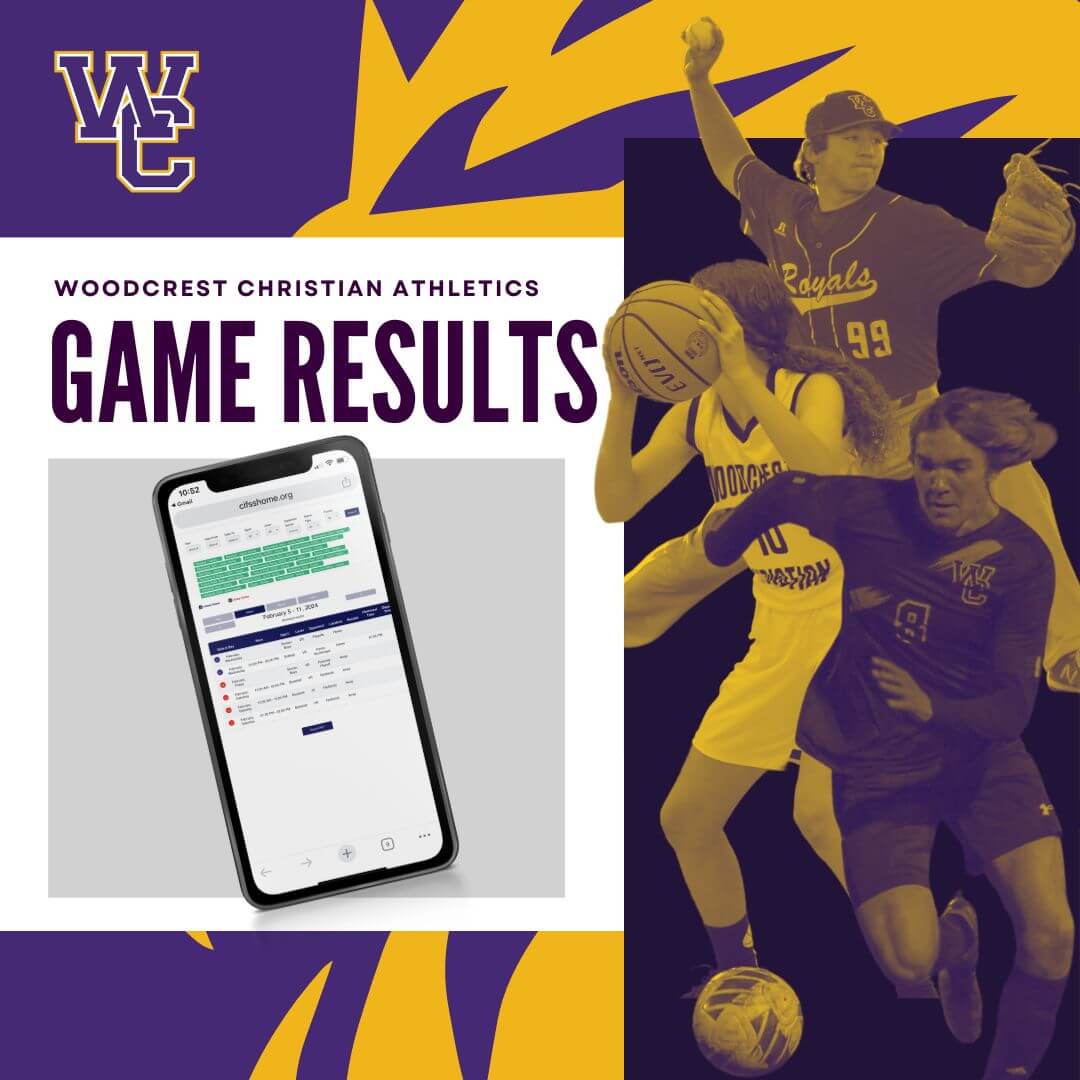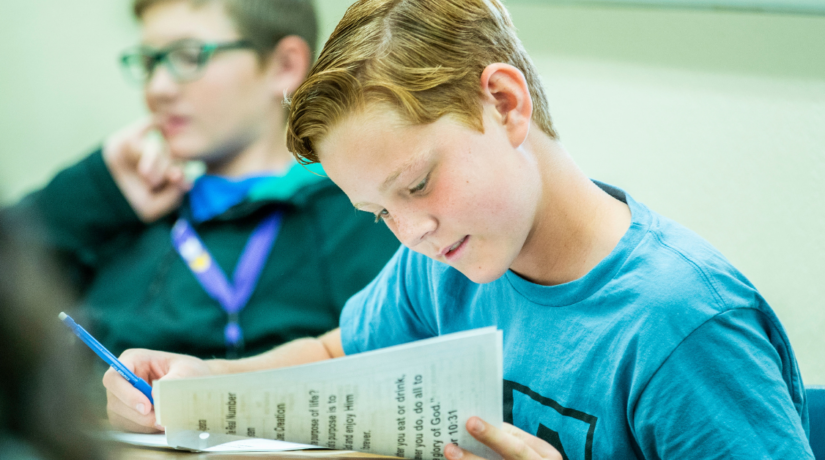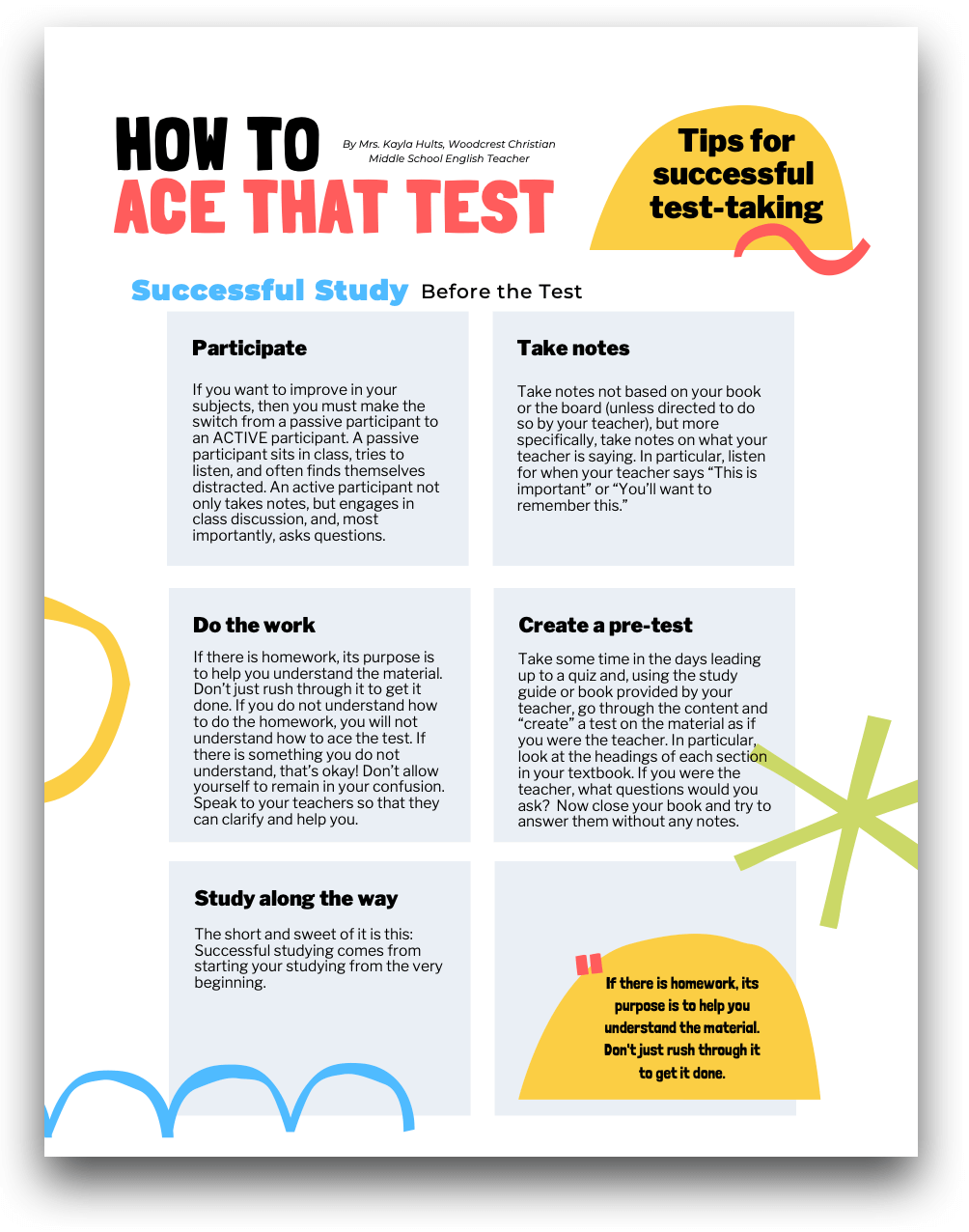If most students were honest when asked, “Do you want to succeed in your classes?” they would answer, “Yes!” Yet some students might feel it is impossible to do well in every single class. After all, how can one student do well with so many different subjects, not to mention their athletic, elective, familial, and social lives?
Seems impossible, and yet, I’m here to tell you it is entirely achievable!
Let’s keep this simple and break it down to three areas of focus that will help you ace that test every time:
- Successful Study (Before the Test)
- Smart Strategy (During the Test)
- Succinct Summary (After the Test)
Successful Study (Before the Test)
Here’s the truth: If you only focus on studying for a test the night before, it may already be too late. Successful studying starts on Day One!
PARTICIPATE: This one is huge. If you want to improve in your subjects, then you must make the switch from a passive participant to an ACTIVE participant. A passive participant sits in class, tries to listen, and often finds themselves distracted. An active participant not only takes notes, but engages in class discussion, and, most importantly, asks questions. You can ask questions for clarification or for more understanding. Every time that you actively participate in a class, you are taking ownership of your own education!
TAKE NOTES: No doubt, you’ve heard about taking notes before, but maybe you need a better strategy; here it is. Take notes not based on your book or the board (unless directed to do so by your teacher), but more specifically, take notes on what your teacher is saying. In particular, listen for when your teacher says “This is important” or “You’ll want to remember this.” Odds are, your teachers are focusing and guiding class discussion to highlight the important material that will show up later on your test!
DO THE WORK: Yup, I know, it’s so straightforward that it hardly seems worth mentioning. So let me clarify, do the work correctly.
“If there is homework, its purpose is to help you understand the material. Don’t just rush through it to get it done.” Mrs. Shifflett, WCMS Science Teacher
In other words, if there is reading assigned, you should not only read, but take notes on the reading and check your own comprehension of the material. Mrs. Mooney, WCMS Math teacher, reminds students that “homework is practice for quizzes and tests.” Meaning, if you do not understand how to do the homework, you will not understand how to ace the test. If there is something you do not understand, that’s okay! After all, that’s why you are at school; there is so much to learn, but don’t allow yourself to remain in your confusion. Speak to your teachers so that we can clarify and educate (after all, that’s why we are at school).
CREATE A PRE-TEST: You can do this on your own, with a partner, or even a group! Take some time in the days leading up to a quiz and, using the study guide or book provided by your teacher, go through the content and “create” a test on the material as if you were the teacher. In particular, look at the headings of each section in your textbook. If you were the teacher, what questions would you ask? Now close your book and try to answer them without any notes. If you’re working with a partner or in a group, switch tests with each other and see how you do!
STUDY ALONG THE WAY: The short and sweet of it is this: Successful Studying comes from starting your studying from the very beginning.
Smart Strategy (During the Test)
Now that you have actively participated in every class, asked questions, taken notes, and claimed full ownership over your education, it’s time for the actual test.
MENTAL/PHYSICAL PREPARATIONS: Did you know that according to Sleep Foundation, “Sacrificing sleep for studying does not actually improve your performance. In fact, spending more time asleep during finals week could actually help you earn better grades” (Ryan ed.).
“Sacrificing sleep for studying does not actually improve your performance. In fact, spending more time asleep during finals week could actually help you earn better grades” (Ryan ed.)
The study goes on to mention that creating healthy sleep habits is crucial and shows a direct correlation to doing better in your academics. This does not mean you get one good night of rest, but rather that you continuously rest well. So create a sleep schedule that allows you eight hours of rest each night and turn off your phone 30-60 minutes before you plan on getting in bed!
USING COMMON SENSE: Read the directions. Let me say this again, read the directions. Too often, students miss out on silly points because they did not read the instructions fully. Sometimes, teachers are literally giving the answers away in the directions or in other questions themselves so slow down and read through the instructions again. When it comes to multiple choice, omit the answers that are obviously incorrect first. Even when you don’t know the answer, you can usually make an educated guess.
EASY QUESTIONS FIRST: Here’s a trick you may not yet have considered. When you are taking a test, especially when it is open note/book, answer the questions you already know first. Once you have gone through the entire test answering the questions you know, then go back and answer the more difficult questions using your notes/book. The reason for this is so that you do not get stuck on a hard question earlier on that eats up most of your time that could be spent answering the questions you already know. Skipping the more difficult questions at first provides a secondary advantage as well. According to Woodcrest Christian Director of Curriculum and Instruction, Mrs. Ludwig says, “Once you’ve read a difficult question and moved on, your brain is actively working behind the scenes to try and solve it. Often by the time you circle back to it, your brain has already worked out the answer!” If time allows on an open note/book test, ALWAYS use your notes and book to double check every answer, even the answers you thought you knew. Why throw away guaranteed points when you have an answer key right in front of you?
“Once you’ve read a difficult question and moved on, your brain is actively working behind the scenes to try and solve it. Often by the time you circle back to it, your brain has already worked out the answer!” Mrs. Ludwig, Director of Curriculum & Instruction
USING SCRATCH PAPER: This is true for ALL subjects, not just Math! Check with your teacher if you are allowed to write on the test itself. If not, use scratch paper. Scratch paper is an excellent place to work out problems, keep track of answers used in a multiple choice section, or draft out a short response to an essay prompt.
WORK SMARTER, NOT HARDER: In other words, think strategically throughout your test and don’t rush to be the first one done.
Succinct Summary (After the Test)
At this point, you’ve actively participated, you’ve taken the test, and you’ve received your grade. Now what? While it might be tempting to check the score and then shove the test down deep into the recesses of your backpack never to be seen again, let me encourage you to do otherwise.
IDENTIFY YOUR HIGHS/LOWS: When you receive your test back, first, look at the grade. Next, go through the entire test question by question and identify the questions that you missed. Is there a pattern to the questions you missed? Is it a specific concept that you need help on? Identify your highs (where you do well) and your lows (where you can improve). Stay back after class and ask your teacher if you can schedule some time at lunch or after school to go over your missed questions. Ask if they can work out the missed problems with you or help clarify where you went wrong. Not only will these one-on-one meetings improve your grade, but it will improve your educational skills overall (which is truly so much more important).
IDENTIFY TEACHER’S TECHNIQUES: Now that you have received back a test or two from your teacher, compare them side by side. How does your teacher typically test? Is it short-answer? Multiple choice? Essay response? Scantron? Written? Where does your teacher typically draw his/her questions from? The book? The notes? Class discussion? Once you identify HOW your teacher tests and WHAT they test on, you will be better prepared for the next test!
MAKE IT APPLICABLE TO LIFE: As always, resist the urge to fall into the trap that asks, “But when am I ever going to use this in real life?” Mrs. Mooney encourages students, “Learning to think is a huge part of your education.” Indeed, while learning how to graph, use the Jane Schaffer writing method, speak in another language, balance a chemical equation, or master the scales are all important skills, there are other essential qualities that you are developing along the way. Learning how to maneuver your way through subjects that are difficult teach you how to have academic integrity, test your grit and endurance, help you develop your character, and push you to find something you are passionate about. School might not be optional, but the effort you put in and the rewards you receive are entirely up to you.
In closing let me leave you with a quote from Mrs. McCarthy, Woodcrest Christian Middle School History teacher, who reminds all students, “Ultimately, the goal is learning and understanding, not simply memorization. With the tools above put to use, you should be prepared to synthesize, think critically, apply, and articulate. Ask yourself. How does this apply to me? What can it mean for me? Make real world connections to the content.”

